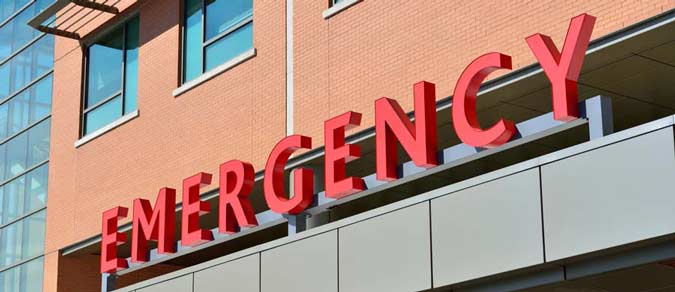Last Updated on September 27, 2021
A study published this month in the journal Pediatrics highlighted a disturbing trend of increasing child opioid hospitalizations. According to the study, child hospitalizations due to opioid overdoses nearly doubled between 2004 and 2015, the majority of which were for children ages 12 to 17. One-third of the opioid hospitalizations were for children under the age of six.1 Most of the children had overdosed on prescription opioids or illicit opioids like heroin.
The study found that between 2004 and 2015, there were a total of 3,647 hospitalizations related to opioids in 31 different hospitals. Although the percentage of children who died after being admitted to the hospital decreased between 2004 and 2015, the total number of hospitalizations increased tremendously, from 797 during the first three years of the study to 1,504 in the final three years of the study.
An article published in Time cited the study and emphasized the fact that these statistics are not only concerning for American youth, but they are also an indication that parents and pediatricians need to be vigilant about combating the opioid crisis in the U.S.2
Preventing Opioid Addiction and Overdose in Children and Adults
Often times, a lack of attention is to blame for opioid overdoses in children. Young children are curious, and therefore may find prescription opioids and unintentionally overdose on them. On the other hand, older kids and teens may be more susceptible to peer pressure from friends and/or family members.
Knowing the signs of illicit and prescription opioid abuse is one way to combat overdoses and help loved ones of any age get the treatment they need. Some common signs of opioid abuse and addiction include:3
- Needle marks on arms and legs
- Pinpoint pupils
- Uncharacteristic mood swings
- Poor judgment and decision-making
- Isolating from friends and family
- Flushed, itchy skin
- Excessive drowsiness
- Faking injuries to go to the doctor and get a prescription
- Visiting multiple doctors to get prescriptions
Drug and alcohol detox is most often the first step to overcoming opioid addiction, as it is very difficult and dangerous to stop using these drugs on your own. Medically-assisted detox can provide assistance in overcoming a physical addiction to opioids while also preparing the body and mind for entry into rehab.
Upon completion of detox, enrolling in a long-term residential or outpatient drug rehab program will provide the best opportunity for continued sobriety, with behavioral therapy, 12-step program work, peer support, and structured living.
If you or a loved one is addicted to illicit or prescription opioids, don’t underestimate the impact your addiction may have on yourself, your children, your spouse, or your loved ones. Call Nova Recovery Center today to start your recovery journey.
References:
- http://pediatrics.aappublications.org/content/early/2018/03/01/peds.2017-3335
- http://time.com/5186192/childhood-opioid-overdoses/
- https://www.addictioncenter.com/opiates/symptoms-signs/
